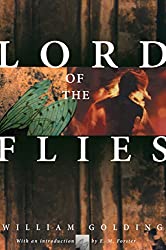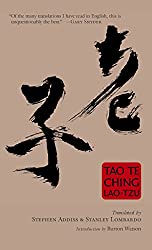
Rating: 8.4/10.
Fairly short and fast-paced classic novel at about 200 pages, at the beginning, a group of boys (aged about 6-12) crash-land on a deserted island. They quickly form two tribes: one is led by Ralph, who is elected the leader, and wants to set up a fire to signal passing ships and be rescued. The other, Jack, wants to be the leader as well, and taps into the boys’ primal fears and organizes them to hunt pigs.
Initially, the group is fairly organized under Ralph’s, but things change when Jack abandons the fire to go pig hunting, which he considers to be more important than being rescued. The boys become increasingly scared, especially the “littluns” who believe in a ghost and beasts, especially in the middle of the book when a fallen pilot lands on the island and is mistaken for a monster. As the boys succumb to fear, Jack gains influence and more of the group becomes obsessed with hunting the beast.
The one boy who sticks to Ralph throughout is Piggy, who embodies rationality and reason. Piggy and Ralph form a mutually beneficial relationship where Piggy is intelligent and advises Ralph, who has natural leadership qualities. Another important object is the conch, with the rule that only whoever is holding the conch is allowed to speak: initially this rule is followed, but people increasingly speak out of turn. Eventually the rule is completely abandoned when Jack’s group kills Piggy and shatters the conch, symbolizing the collapse of civilized discourse and the descent into savagery.
Overall a short and interesting read, exploring the dynamics of leadership: with no clear natural leader and no adults on the island, the boys coalesce around the two older boys who exhibit leadership roles (even though they don’t have the answers any more than the others). It’s interesting to see how they struggle for power and influence, similar to real human organizations, where leaders emerge and compete for influence.



